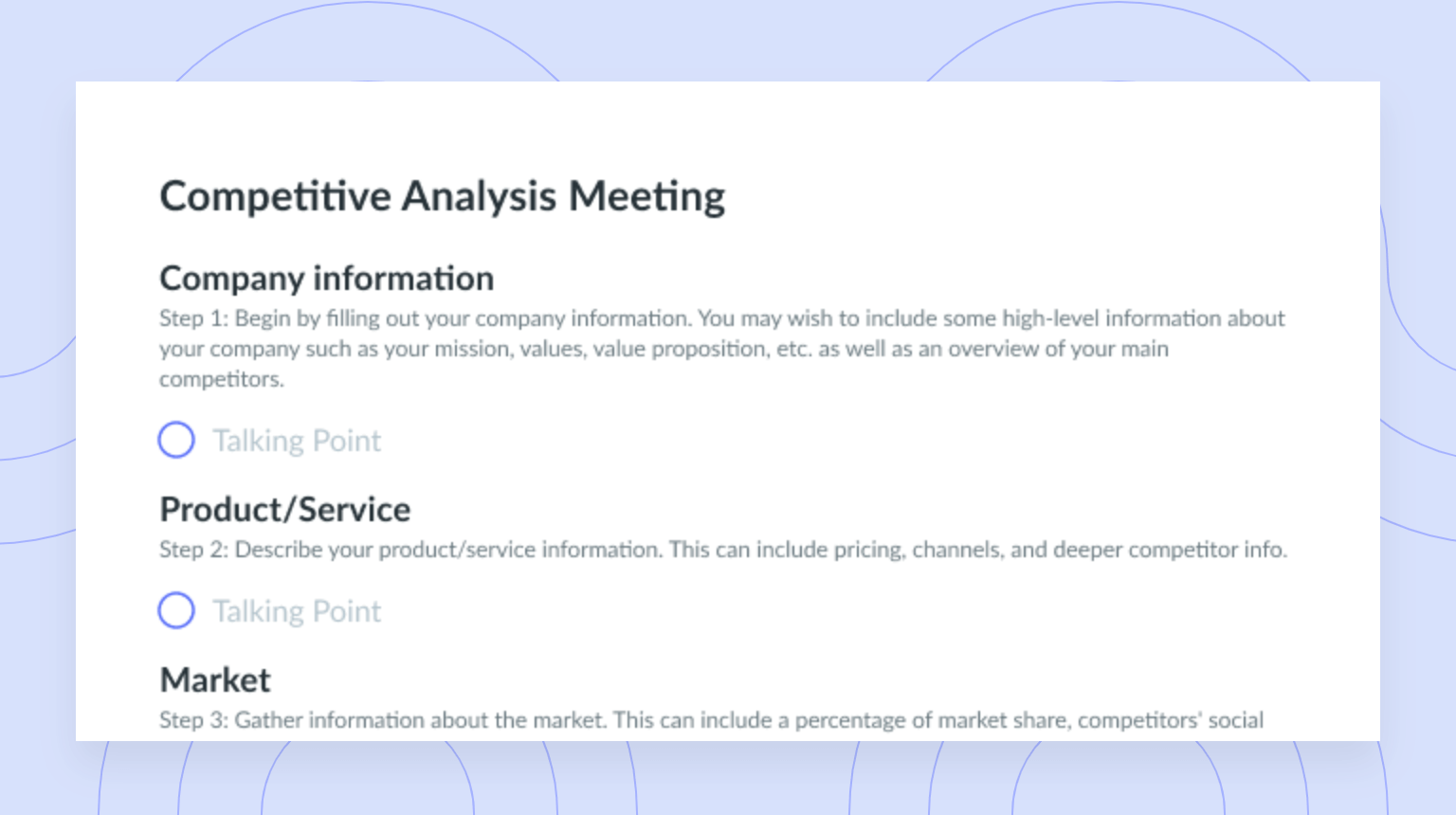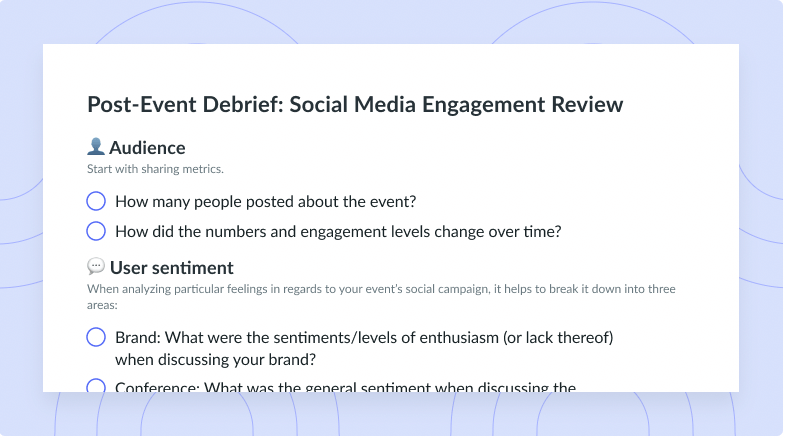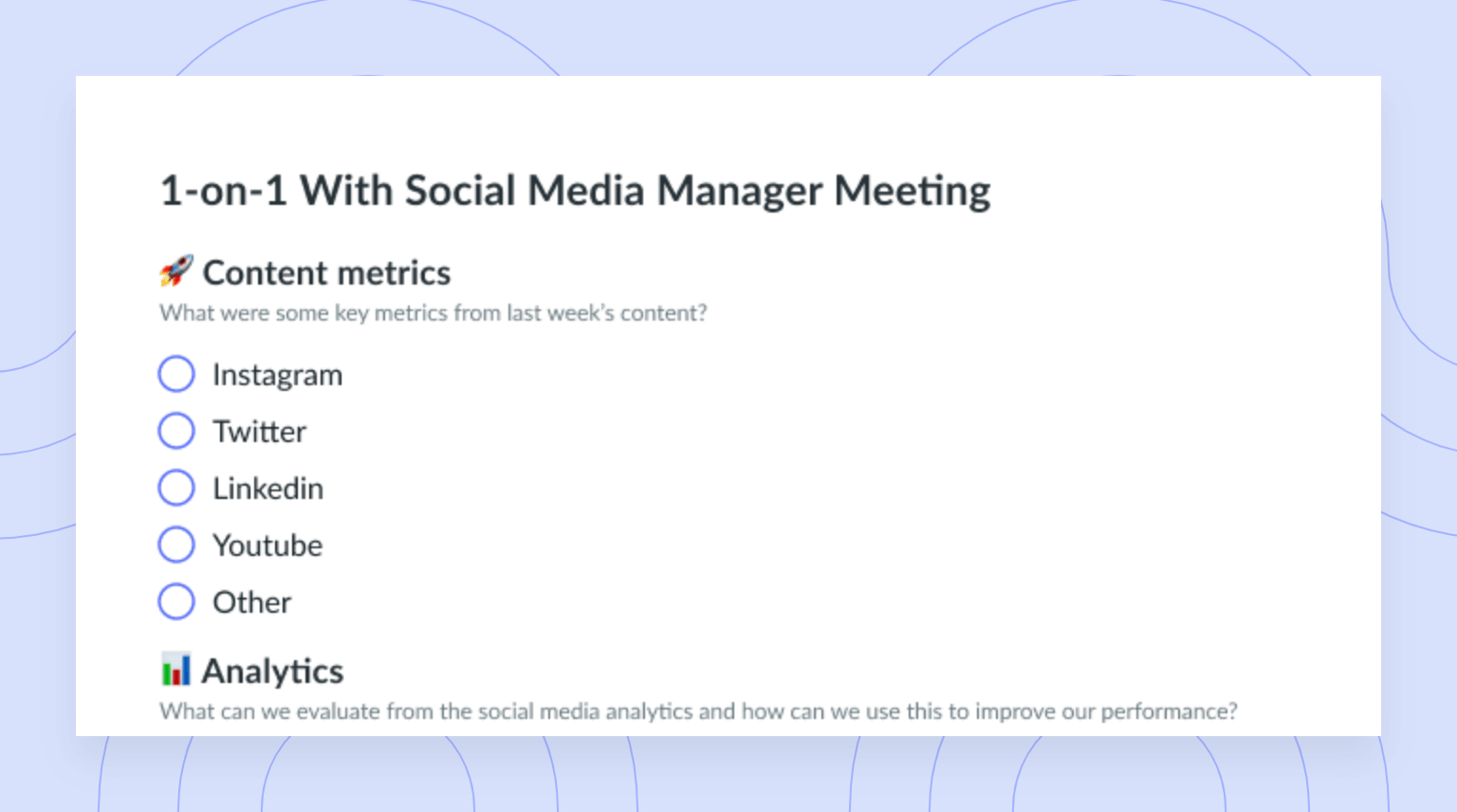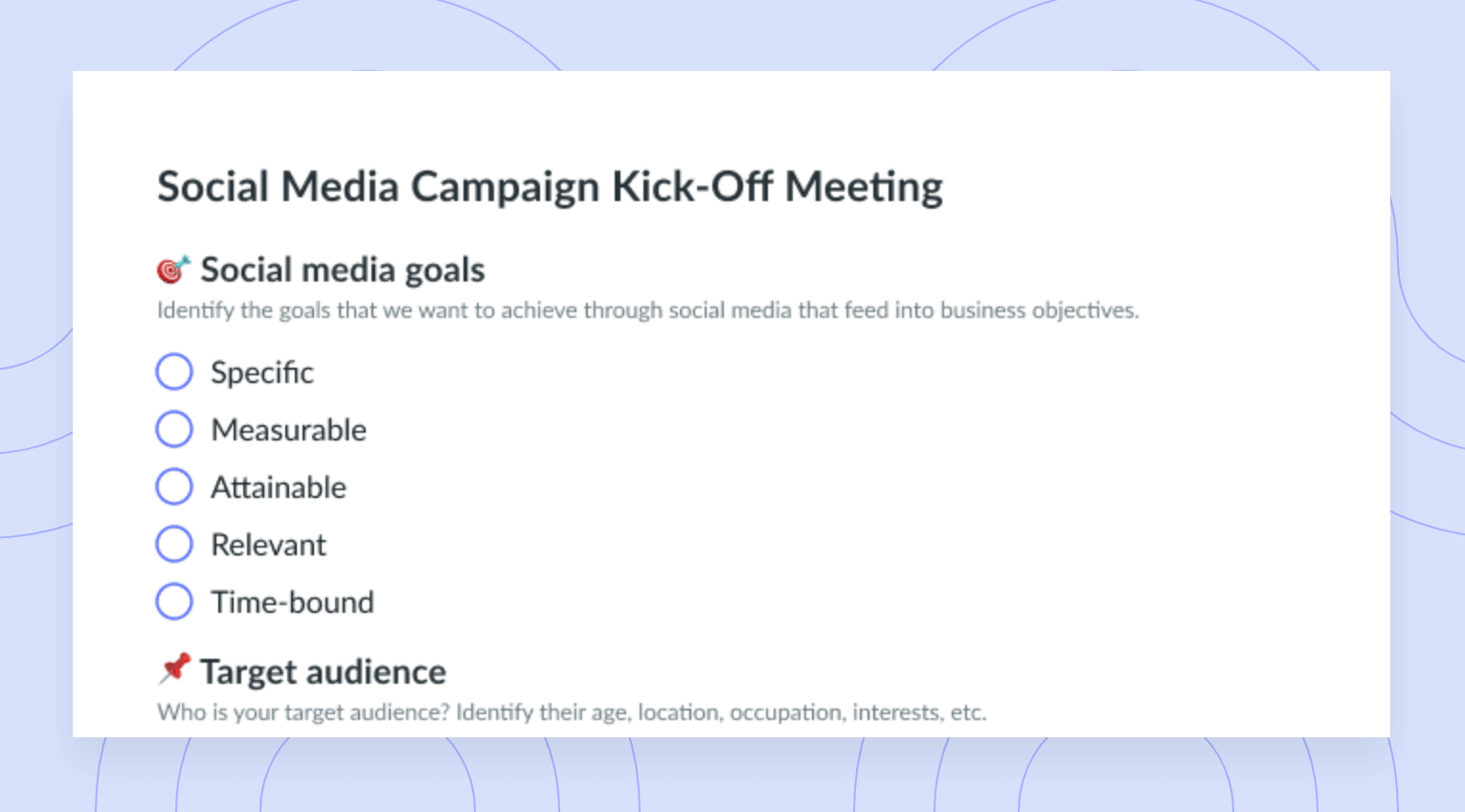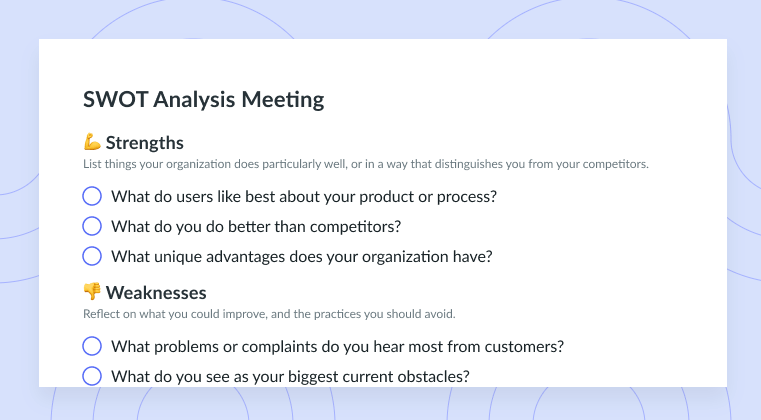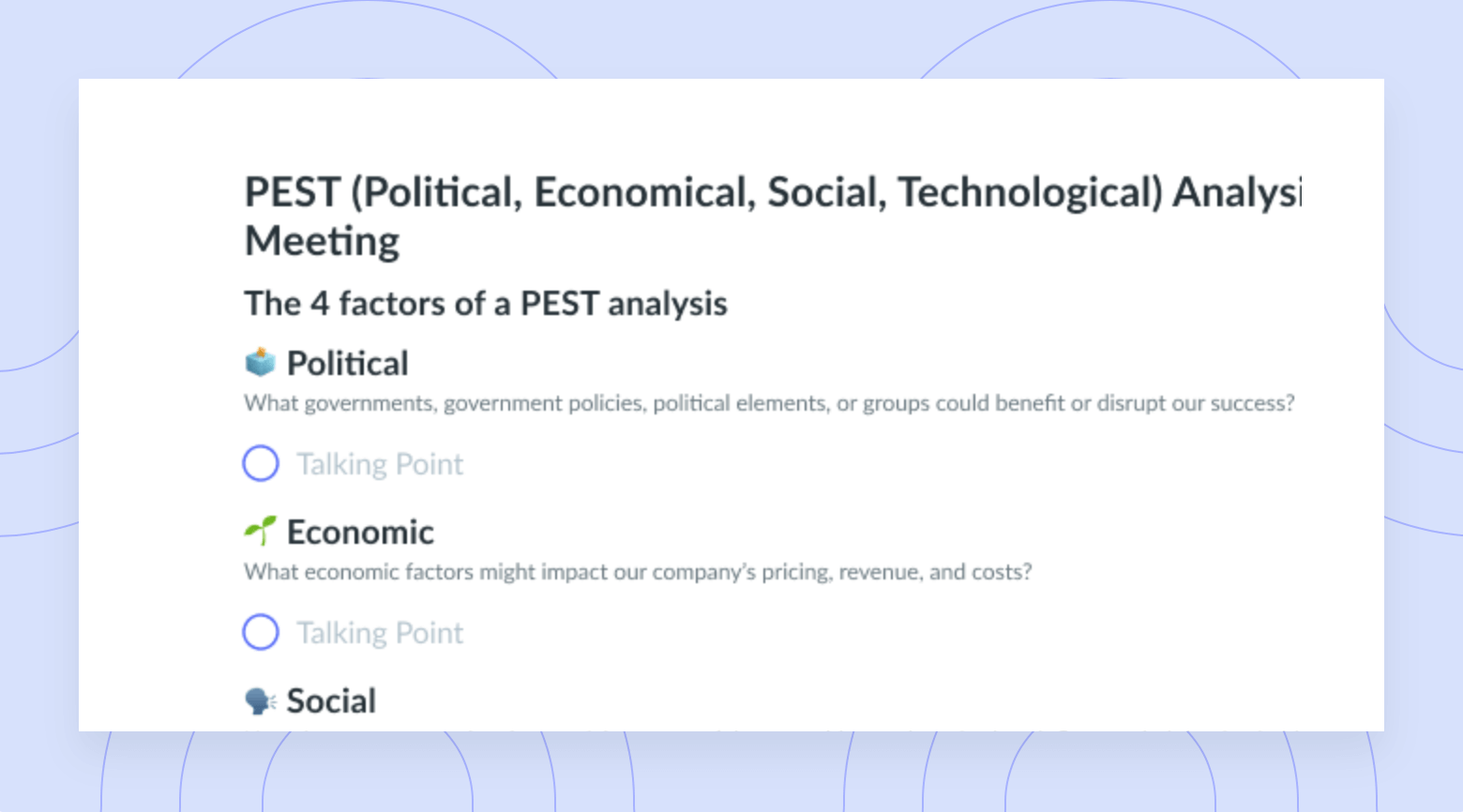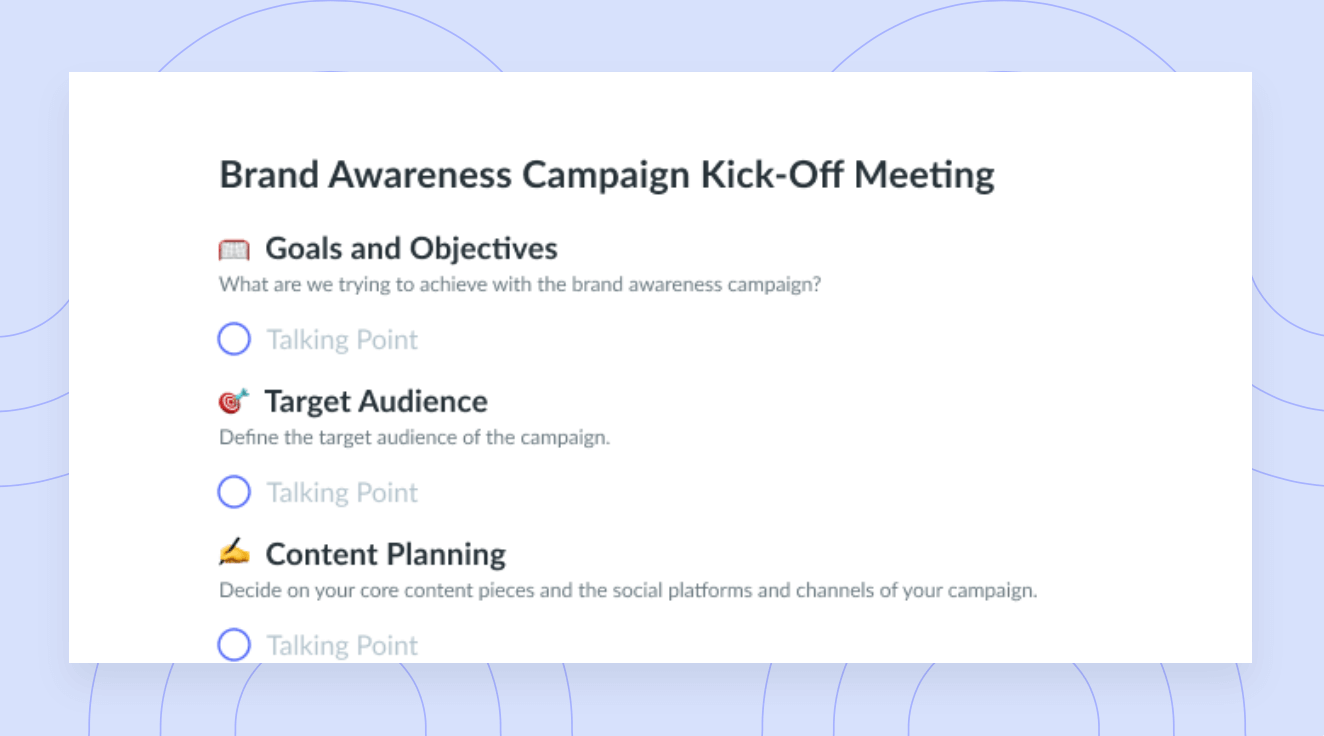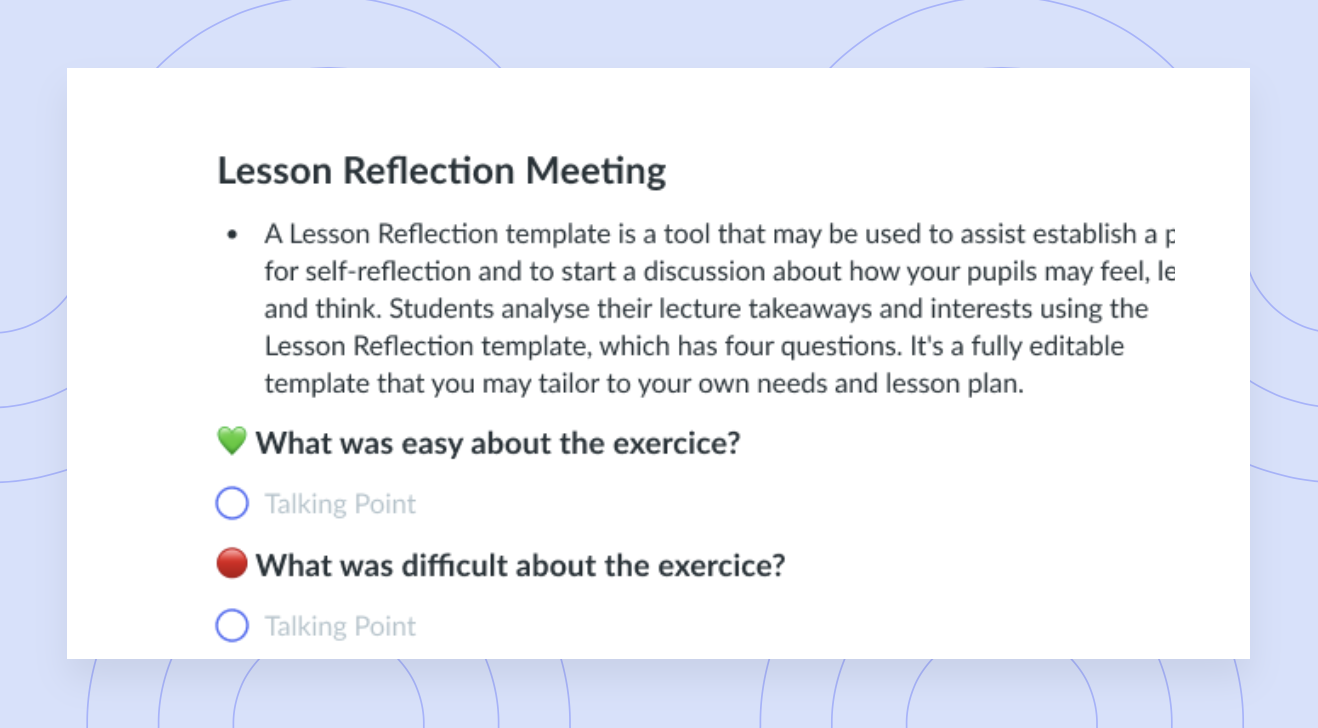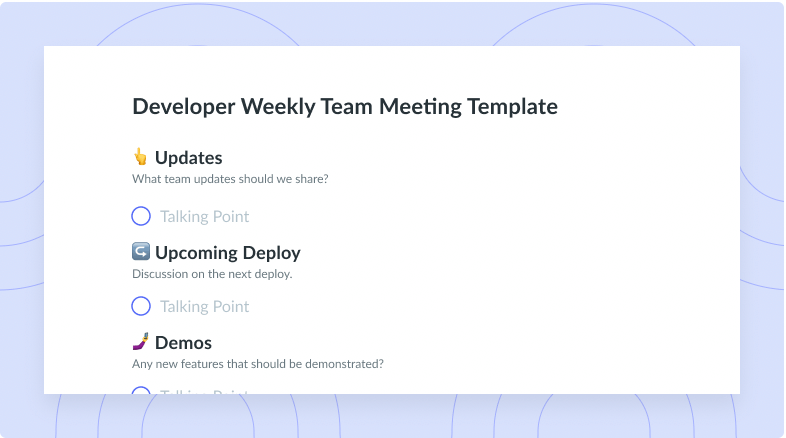Social Loafing in the Workplace: What It Is and How to Avoid It
Have you noticed that when employees work in groups they seem to work a little more leisurely? There’s a psychological reason for that. We unpack what social loafing is, why it happens, and how to avoid it at all costs.
Remember being in college and absolutely dreading group work? Somehow you knew that if you wanted a decent mark, you’d have to pull the weight for the entire group. As much as many of us wish we could have left this feeling in school, the same kind of situations often play out at work. The term for this is social loafing: it means that as the size of a group increases, the effort individuals tend to put into the project decreases.
Social loafing can be extremely problematic at work when you want your team to achieve goals as efficiently as possible, but when each member is exerting less effort than they would have if they were working alone. To help you combat social loafing in the office, this article is going to cover what it is, what causes it and how to avoid it.
What is social loafing?
Social loafing is a psychological concept that refers to the inclination for people to exert less of an effort when working in a group, than when working individually (Karau & Williams, 1993). This concept first emerged in 1913 when Max Ringelmann conducted a study that asked participants to pull on a rope alone first, and subsequently in a group setting. Ringelmann found that individuals tended to make more of an effort pulling the rope individually than they did in a group. Later, Ingham and colleagues replicated the original study’s findings, highlighting that performance notably decreased as the size of the group increased from one person to two or three. As the original study became more replicated and findings continued to showcase that individual members of a group become less productive as the size of the group increases, a definition for this phenomenon was born: the ‘Ringelmann effect’.
In management, social loafing tends to be interpreted as a negative employee behaviour and is most often seen in people who have lower levels of motivation (Akgunduz & Eryilmaz, 2018). Essentially, this phenomenon proposes that while in a group setting, individuals consciously choose not to exert as much of an effort as they would if they were working alone.

Encourage collaboration
Have clear tasks assigned and kept in one place for reference to ensure equal effort within your team. Try using a tool like Fellow to organize action items and collaborate on notes.
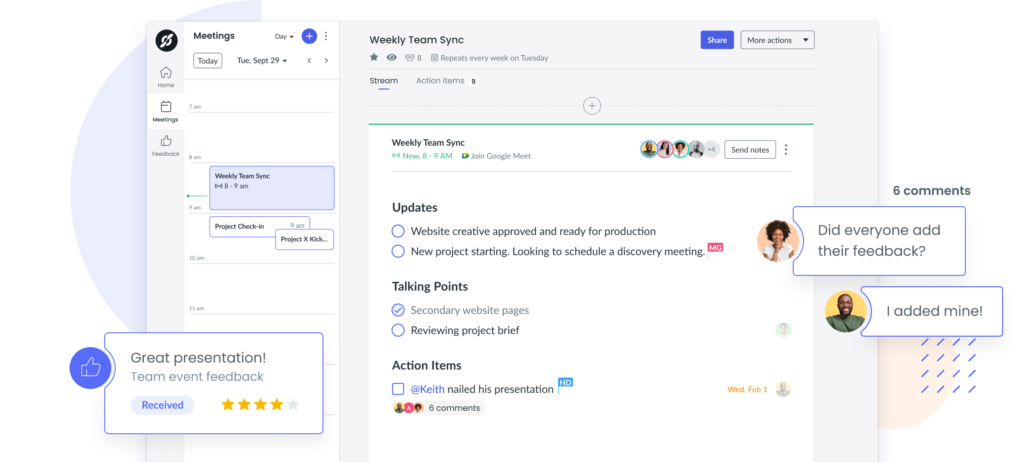
What causes social loafing?
1 Lack of motivation
A lack of motivation can considerably increase the chances of social loafing. So, high levels of motivation make social loafing at work less common, making motivation an important point of focus for team leaders. When people have low levels of motivation in the first place, they become even more susceptible to exerting less effort when they’re put to work in a group setting. Several studies examining social loafing have identified motivation, or a lack thereof, as having a strong influence on efforts that are exerted in a group (Simms & Nichols, 2014).
2 Group size
Another factor that influences social loafing is group size. The efforts of individuals are seemingly more important when they work in a small group, although the same does not go for large groups. As mentioned, the Ringelmann effect is observed, meaning, as groups become larger, participants tend to exert less effort. Because being a part of a larger group decreases individual visibility, individuals feel as if their efforts aren’t as important (Simms & Nichols, 2014).
3 Expectation of others
If expectations aren’t clearly set out before a project begins, it’s more likely that the group will engage in social loafing. When the mission or the goals of the project aren’t clearly established, it’s more common for individuals within the group to slack off, not seeing their project tasks as a priority. The chances are, if you think everyone else in the group is going to do the bare minimum, you probably will as well, instead of getting stuck with the bulk of the work. Opposingly, if you know you’re working within a team of high achievers, with clearly defined roles and responsibilities, you’re much more likely to bring your A-game.
4 Group development theory
Group development theory was first established in 1965 by Bruce Tuckman, who reviewed a multitude of existing theories about team dynamics and consolidated his own idea of team development into four distinct categories: (1) Forming, (2) Storming, (3) Norming, and (4) Performing. The goal of this model was to show leaders how team members build relationships together and how they’re influenced by these relationships. He found that people tend to approach responsibilities differently, based on the quality of existing relationships with their colleagues. Group development theory is important to consider because it has highlighted that social loafing is likely going to be lower if the organization focuses on collaboration, communication, honesty, trust, and respect.
5 Social facilitation
Social facilitation is somewhat an exception to the Ringelmann effect. It proposes that in some instances, the presence of other people actually improves performance, as opposed to an individual’s performance when they work alone. The term was coined by Psychologist Floyd Allport in 1920. Research outputs vary when it comes to this psychological phenomenon: some have found that social facilitation improves performance (social facilitation), while others have noticed decreased performance (social inhibition). The occurrence of social facilitation depends on the difficulty of the task. If the task is easier or well learned, social facilitation is likely to take place. If the task is difficult and new to the individual, social inhibition is likely to take place.
5 ways to avoid social loafing
- Identify who, what, when
- Track action items
- Reply with a link
- Highlight achievements of others
- Have clear standards and expectations
1 Identify who, what, when
First, and likely most importantly, create clear processes and ownership when you start a project. This way, you can provide structure and clarity and create alignment across your entire team. If everyone understands what they’re individually responsible for, there will be a certain level of accountability, and each member will be held responsible for their contribution. Assign one single person or owner per task to avoid confusion and to reduce the likelihood of social loafing. When there’s a lack of clarity or alignment, your chances of delayed or incomplete work is higher.
2 Track action items
It’s essential to have a means to track the responsibilities of each person working on a project, including the assigned due date and any additional notes on the task. Even if your team members are highly organized, if you don’t use a centralized management tool, group members have no way of seeing what their team members are working on or how their responsibilities contribute to the overall project. Using a work management tool like Fellow allows you to write meeting action items in one place and to have all of your action items documented with an assignee and a corresponding due date. By tracking your team’s progress in real time, you increase accountability and therefore reduce the chances of social loafing.
3 Reply with a link
In an interview by Fellow with Darren Murph, identified time-saving practices that also reduce the chances of social loafing. Darren Murph from Gitlab shared:
“We have this concept called ‘answer with a link’. And so just as you’re asking me these questions, my goal is to be able to answer with a link for anything that I’m saying. I hope that there’s a link that will add additional context. So, if we get asked a question at Gitlab and the problem actually hasn’t been solved and hasn’t been documented, we take the approach of finding the answer, finding the subject matter expert, then documenting it, and putting it in the handbook so that if anyone has this question, henceforth, they’ll be able to find it in the handbook.”
Be more efficient in the way you approach projects, eliminate issues, and reduce the time explaining processes to others. Answering with a link is a more fun, interactive way to address questions and a great opportunity to document the steps while providing more context.
4 Highlight achievements of others
To motivate your employees (which decreases the likelihood of social loafing), highlight team members’ achievements during meetings, in emails, or in memos. This acknowledgment shows your team that you appreciate and value their contributions to specific projects and to the organization as a whole. It’s also likely to inspire other employees to exert their efforts to be positively recognized for their contributions as well.
5 Have clear standards and expectations
If you want to avoid social loafing and would like your employees to put their usual efforts into their work, creating clear standards and expectations before a project even starts is essential. On one hand, if the expectation is for everyone to work diligently and really dedicate themselves to a project, it’s likely that the rest of the group will work at this standard and therefore be more productive and more efficient in attaining goals and completing the project. If, on the other hand, expectations aren’t set, you can expect individuals to slack off and put their role in the project at the bottom of their priority list.
Parting advice
To support your team in achieving the best work possible, focus on creating clear expectations, processes, objectives, and desired results. Clearly outline the responsibilities of each individual within the group and keep things organized using a centralized work tool like Fellow. In doing so, you can be sure that all of the individuals within the team know exactly what they’re working on, what their team members are working on, and how all of the pieces of the puzzle fit together to achieve the ultimate goal being undertaken. Focus on developing stronger relationships with your team members so you create an environment of trust, respect, and accountability.
References
Akgunduz, Y., & Eryilmaz, G. (2018). Does turnover intention mediate the effects of job insecurity and co-worker support on social loafing? International Journal of Hospitality Management, 68, 41–49. https://doi.org/10.1016/j.ijhm.2017.09.010
Allport, F. H. (1920). The Influence of Group upon Association and Thought. In Small Groups: Studies In Social Interaction (pp. 159–182). Journal of Experimental Psychology.
Ingham, A. G., Levinger, G., Graves, J., & Peckham, V. (1974). The Ringelmann Effect: Studies of Group Size and Group Performance. Journal of Experimental Social Psychology, 10(4), 371-384.
Karau, S. J., & Williams, K. D. (1993). Social loafing: A meta-analytic review and theoretical integration. Journal of Personality and Social Psychology, 65(4), 681–706. https://doi.org/10.1037/0022-3514.65.4.681
Ringelmann, M. (1913) “Recherches sur les moteurs animés: Travail de l’homme”, Annales de l’Institut National Agronomique, 12(1-40). http://gallica.bnf.fr/ark:/12148/bpt6k54409695.image.f14.langEN.
Simms, A., & Nichols, T. (2014). Social Loafing: A Review of the Literature. Journal of Management Policy and Practice, 15,(1), 58-67.
Tuckman, B. W. (1965). Developmental sequence in small groups. Psychological Bulletin, 63(6), 384–399. https://doi.org/10.1037/h0022100





![10 Signs You’re In a Toxic Workplace [and How to Handle It]](https://fellow.app/wp-content/uploads/2022/01/toxic-culture.jpg)



